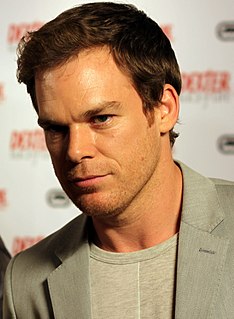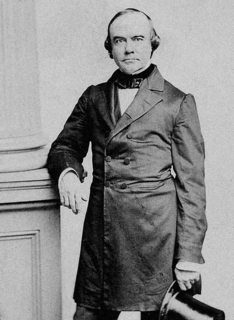A Quote by Swami Vivekananda
I direct my attention to the individual, to make him strong, to teach him that he himself is divine, and I call upon men to make themselves conscious of this divinity within. That is really the ideal --conscious or unconscious --of every religion.
Related Quotes
The Lord did not come to make a display. He came to heal and to teach suffering men. For one who wanted to make a display the thing would have been just to appear and dazzle the beholders. But for Him Who came to heal and to teach the way was not merely to dwell here, but to put Himself at the disposal of those who needed Him, and to be manifested according as they could bear it, not vitiating the value of the Divine appearing by exceeding their capacity to receive it.
Generally there is in man a divinity which strives to push him onward and upward. We believe that this power within him is the spirit that comes from God. Man lived before he came to this earth, and he is here now to strive to perfect the spirit within. At sometime in his life, every man is conscious of a desire to come in touch with the Infinite. His spirit reaches out for God. This sense of feeling is universal, and all men ought to be, in deepest truth, engaged in the same great work—the search for and the development of spiritual peace and freedom.
The whole difference between a man of genius and other men, it has been said a thousand times, and most truly, is that the first remains in great part a child, seeing with the large eyes of children, in perpetual wonder, not conscious of much knowledge--conscious, rather of infinite ignorance, and yet infinite power; a fountain of eternal admiration, delight, and creative force within him meeting the ocean of visible and governable things around him.
I think Dexter is a man who ... a part of himself is very much frozen, or arrested in a place that is pre-memory, pre-conscious, pre-verbal. Something very traumatic happened to him, he doesn't know what that is. And I think on some level he wants to know. He denies his humanity, he describes himself as someone who is without feeling, and yet I think that he maybe suspects - in a way that maybe isn't even conscious yet when we first meet him - that he is in fact a human being.
Is the artist impelled by spiritual forces, by the divine afflatus, by conscious or unconscious emulation of others? Do angles whisper in the ears of the chosen few, and create for them visions of aethereal beauty? Do landscape painters of genius walk the plains of Heaven? Or is it only vanity that urges him to paint?
Man ordinarily is a robot. He lives apparently awake, but not really. He walks, he talks, he acts, but it is all as if in sleep - not conscious of what he is doing, not conscious of what he is saying, not conscious of all that surrounds him. He moves surrounded in a dark cloud of unawareness. According to Gautama the Buddha, this is the original sin: to live unconsciously, to act out of unconsciousness. In fact, the word 'sin' comes from a root which means forgetfulness. Sin simply means that we are not conscious, aware, alert, that we don't have any inner light to guide us.
Compared with the person who is conscious of his despair, the despairing individual who is ignorant of his despair is simply a negativity further away from the truth and deliverance. . . . Yet ignorance is so far from breaking the despair or changing despair to nondespairing that it can in fact be the most dangerous form of despair. . . . An individual is furthest from being conscious of himself as spirit when he is ignorant of being in despair. But precisely this-not to be conscious of oneself as spirit-is despair, which is spiritlessness. . . .




































